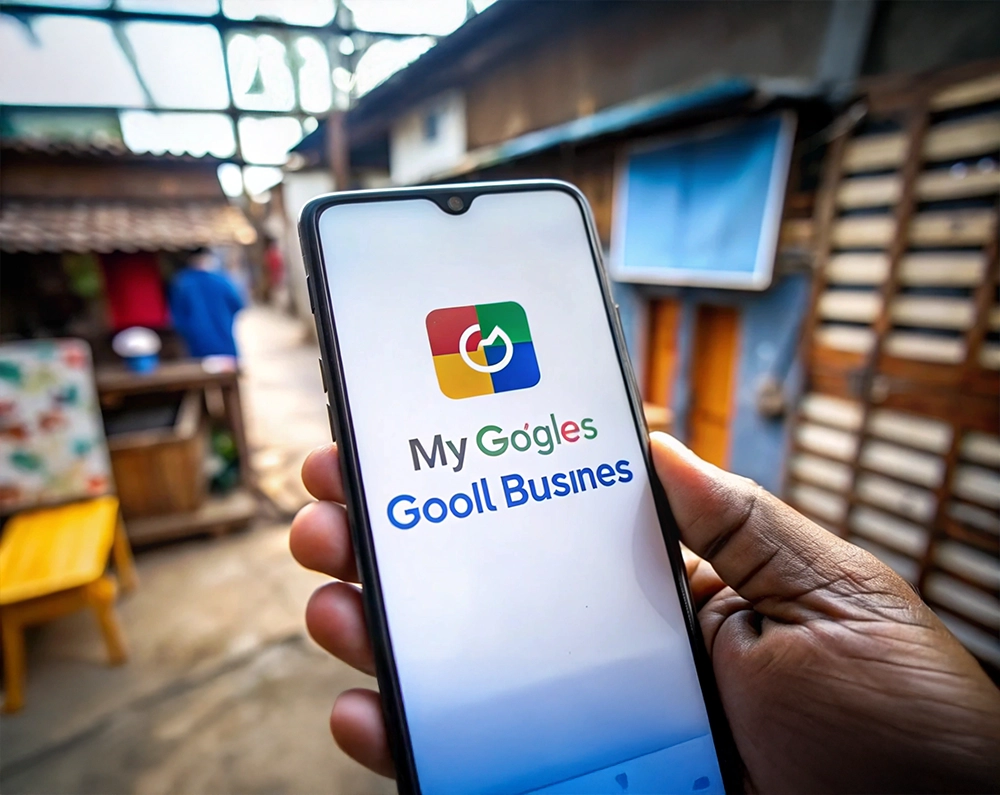From privacy-first platforms to region-specific giants and engines built for niche purposes, today’s best search engines reflect how differently the world searches.
This updated list breaks down the 10 leading search engines across the globe—what makes each one unique, how they’re evolving, and why they still matter in a Google-dominated era.
1. Google
It’s no wonder Google remains the top choice—no other search engine comes close. In 2025, it holds over 89% of the global market share. Of this, Google’s desktop share is 79.1%, and its mobile share is 93.88%, according to Statcounter.
Why it reigns supreme:
- Blazingly accurate search results driven by sophisticated AI
- Smooth experience on all devices and services
- Integrations with YouTube, Maps, Gmail, and Android
- Regular refines to enhance relevancy, speed, and user satisfaction
Of all the search engines, Google remains the benchmark for what users demand from a speedy, smart, and useful search tool.
2. Bing
Microsoft’s Bing is in second place globally, with a modest but consistent market share of about 44%. In January 2025, it accounted for 12.23% of the global desktop search market.. It’s particularly favored by Windows users and those who like its visual appearance.
Where Bing excels:
- Superior image and video search
- Integrated AI capabilities through Microsoft Edge and Copilot integration
- Cashback rewards through Microsoft Rewards for Bing usage
- Robust desktop performance
Though well behind Google, Bing is still a major brand on the list of search engines and continues to refine its user experience incrementally.
3. Yahoo
Yes, Yahoo Search is very much alive with a search engine market share of 2.97%.. It sources its results from Bing but maintains a die-hard user base, making it significant in usage rankings around the world.
Notable points:
- Familiar interface for veteran internet users
- Integrated with Yahoo Mail, Finance, and News
- Popular in markets such as Japan and the U.S.
- Still among the most popular search engines worldwide because of legacy use
Although its technology is not new, Yahoo’s platform experience continues to place it on this search engine list for yet another year.
4. Baidu
If you’re in China, Baidu is your choice. It has the country’s huge internet population under its belt and is one of the world’s largest search engines by user base.
What sets Baidu apart:
- Deep Chinese-language content integration and government compliance. It’s an alternative to Google, Reddit, and Wikipedia for discovering information specific to China.
- Provides search, maps, news, forums, online encyclopedia and more
- Mobile experience focused with in-app features
- Major player in China's AI-based tech ecosystem and voice recognition.
For Chinese market-targeting brands, Baidu is a key channel on the top search engines’ radar.
5. Yandex
Yandex is Russia’s Google equivalent. It’s the top search engine in Russia and neighboring Commonwealth of Independent States CIS)actions, providing everything from search to cloud storage and voice assistants.
Highlights:
- Prioritizes Russian language and regional content
- Provides services beyond search: email, maps, taxi apps, video, weather, translation, and storage.
- Reputed for robust technical search algorithms. Offers its own web browser, providing users with a fast, secure, and feature-rich browsing experience.
- Popular in Belarus, Kazakhstan, and Turkey
If you’re creating content for Eastern European audiences, Yandex belongs on your search engine list.
6. DuckDuckGo
Privacy-focused and proudly independent, DuckDuckGo is a favorite among users who don’t want to be tracked.
What sets it apart:
- No tracking, no personal data collection
- Clean, ad-light interface
- Uses results from multiple sources, including Bing and its own crawler. Yelp, Bing, Yahoo, and StackOverflow and its own crawler to answer queries.
- Grew rapidly due to rising privacy concerns
Among the leading 10 search engines, DuckDuckGo is the preference of those looking to value anonymity and trust above all.
7. Ecosia
You help the planet every time you conduct a search. That’s the marketing message for Ecosia, a search engine that puts profits toward tree planting.
Why it’s exploding fast:
- Pays 80%+ ad revenue toward planting trees
- Bing's tech-powered with own custom UI
- Transparent with regards to financials and ecological impact
- Over 180 million trees planted through early 2025
Ecosia demonstrates that leading search engines can serve not only information but also a cause.
8. Startpage
For those who love Google’s results but not its data collection, Startpage is the perfect middle ground.
Key features:
- Provides Google results without tracking consumers
- Headquartered in privacy-led Netherlands with stringent EU compliance
- Provides anonymous view browsing to stay clear of fingerprinting
- Growing adoption in Europe and privacy-conscious markets
It’s one of the top choices on the search engine roster for people who desire good results without compromising their information.
9. Naver
Naver is South Korea’s leading search engine, regularly referred to as “the Google of Korea.” It’s not a search platform, but an entire content network.
Why Korean searchers love Naver:
- Blends search with shopping, news, Q&A, and video
- Native integration with local blogs, forums, and influencers
- Favorite platform for Korean-language searches
- Key tool for South Korean local SEO
It’s a regional giant that thoroughly deserves its position as one of the world’s top search engines.
10. Brave Search
The newer kid on the block but quickly gaining traction, Brave Search hails from the same privacy-focused company that produces the Brave browser.
Why Brave stands out:
- Completely autonomous index (in contrast to others that depend on Google/Bing)
- No tracking or profiling
- Keeps ads minimal and non-invasive.
- Anonymous API calls for developers
- Built into the Brave browser itself
As online privacy picks up steam, Brave is rapidly rising the ranks of the top 10 search engines.
Think Outside the Big G
Google will probably be the search king for many years to come—but that doesn’t mean the other members of the top search engine list don’t count.
If you’re interested in future-proofing your content strategy, going global, and keeping pace with changing user behaviors, it is worth learning about the entire search engine options available to you.
From market behemoths such as Bing and Baidu to upstart names such as Brave and Ecosia, the best search engines in the world have something unique to offer.
So, investigate, utilize, and optimize these platforms—and watch your reach explode beyond the Google bubble.
Keyword research isn’t a technical trick. It’s a way of making sure your content is useful, visible, and aligned with what people are already asking.
FAQs: Quick Answers About the World's Largest Search Engines
1. Which search engines are most private?
Startpage, DuckDuckGo, and Brave are the top privacy-based options. They don’t follow you, track data, or build user profiles.
2. Are all search engines used across the globe?
No, not all search engines are used globally. Some are region-specific. For example—Baidu operates mainly in China with Mandarin content and government compliance, while Naver is exclusive to South Korea and tailored for Korean users. Yandex in Russia, and Seznam in the Czech Republic. Each is tailored to local languages, cultures, and regulations.
3. Why do I need to optimize for search engines other than Google?
Various engines control various markets. If you have an audience in China, Russia, or South Korea, optimizing for Baidu, Yandex, or Naver is necessary.





